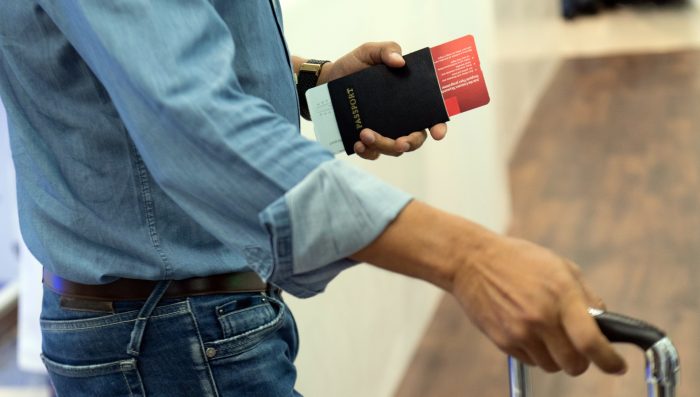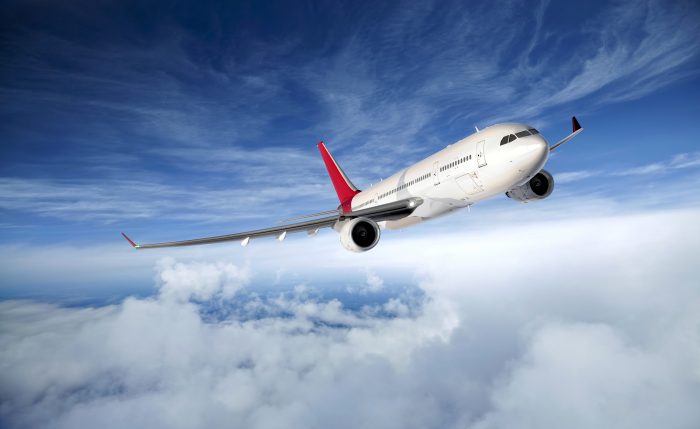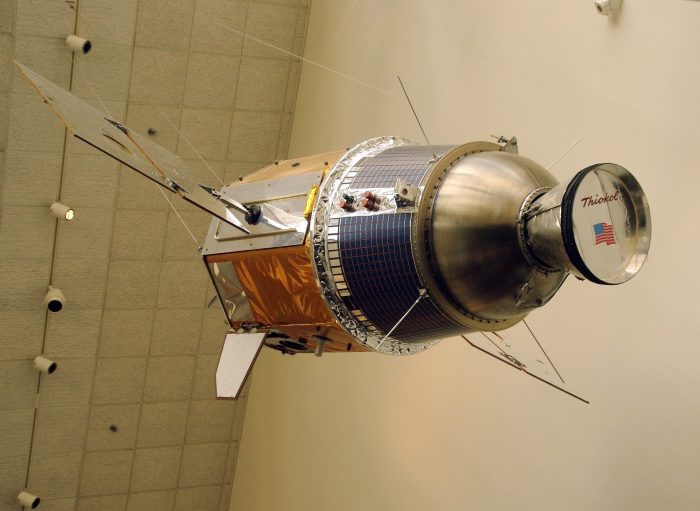By Daniel Dunaief

Nature rocks!
I know that’s not such a startling revelation, particularly to those people who go hiking, snorkeling or scuba diving.
It’s just that the world around us, and perhaps a flight away, puts the one we’ve created in perspective.
My wife and I recently took a vacation without the kids gasp!— for the first time in over two decades. We didn’t leave them home with a babysitter. They’re both grown up and out of the house, so we left our empty-ish nest, which still had two cats a dog and a vibrant and active bird feeder, to travel to a Caribbean island.
Yes, I know. These vacations can make just about anyone feel rhapsodic. You step off the plane onto a tarmac that’s invitingly warm and bright, you hear Bob Marley music, you feel the refreshing wind on your face, and you tilt your head back, feeling the tension ease out of your muscles more rapidly than if you were on a massage table.
While all of that is amazing, the time we spent communing with, appreciating, observing and feeling genuine awe towards nature were among the most remarkable and enjoyable moments of our travel.
Nature is the currency of communication in our household. Years ago, we were on long drives with children who wanted to know how much longer until we got wherever we were going and we’d see a fox scurrying across the road. We’d pull over and watch for a while, forgetting, for the moment, that we hadn’t arrived and feeling as if we were exactly where we should be.
So, yes, all four of us delight in the opportunity to observe, interact with, or appreciate nature, whether we’re far away or taking a walk through the neighborhood. On my morning walks with our dog, I often take pictures of the hawks that land nearby and the worms that wriggle on the sidewalk after a rainstorm and send them to my wife and children.
Anyway, my wife and I rocked back and forth on a boat that was taking us out to a coral reef, reveling in the pristine air and marveling at the pelicans that glided inches above the water, following their beaks to the next fish meal.
Even before we arrived, we saw turtles swimming near the boat, sticking their colorful heads out of the water so they could take a long gulp of air.
As we prepared to exit the boat, I was delighted to put on my prescription dive mask. Typically, I use a regular mask and try to connect the vague shapes I see at the bottom of the reef with the clearer images we have on our dive card.
This time, as soon as I looked down, I could see the white sand eight feet down and the contours and colors of the fish and the technicolor reef below.
As we made our way along the reef, we searched for the usual striped sergeant majors, green and blue parrotfish, multicolored tilefish, red squirrelfish and orange and white tobacco fish. Each of these residents of the reef contributes to a vibrant scene.
For a while, we tracked a stingray my wife spotted. We also spied the magnificent and svelte barracudas, with their conspicuous underbite and their shimmery silver sides.
Even though we went snorkeling at the same site several times, we witnessed something new with each visit. We watched a sand diver as it stopped on the bottom and perched on a rock, the way a movie studio might envision a mermaid preening on a rock near shore.
The snorkeling instructors required us to wear yellow flotation belts to keep us at the top of the water. That made diving to the bottom challenging, as these belts counteracted my efforts to kick myself closer to the reef. I secretly took mine off, handed it to my wife, and got a close up of the sand diver, which looks like a cross between a lizard and a fish.
On one of our days away, we took an excursion to a nearby island, where we watched an improbably large hermit crab slowly make its way across the sand, dragging its enormous shell. Nearby, lizards of different sizes chased each other as they searched for food or perhaps a preferable place in the sand.
While stepping away from work, concrete sidewalks, cooler air, and various responsibilities in and of itself was refreshing, immersing ourselves in nature offered transcendent peace.












